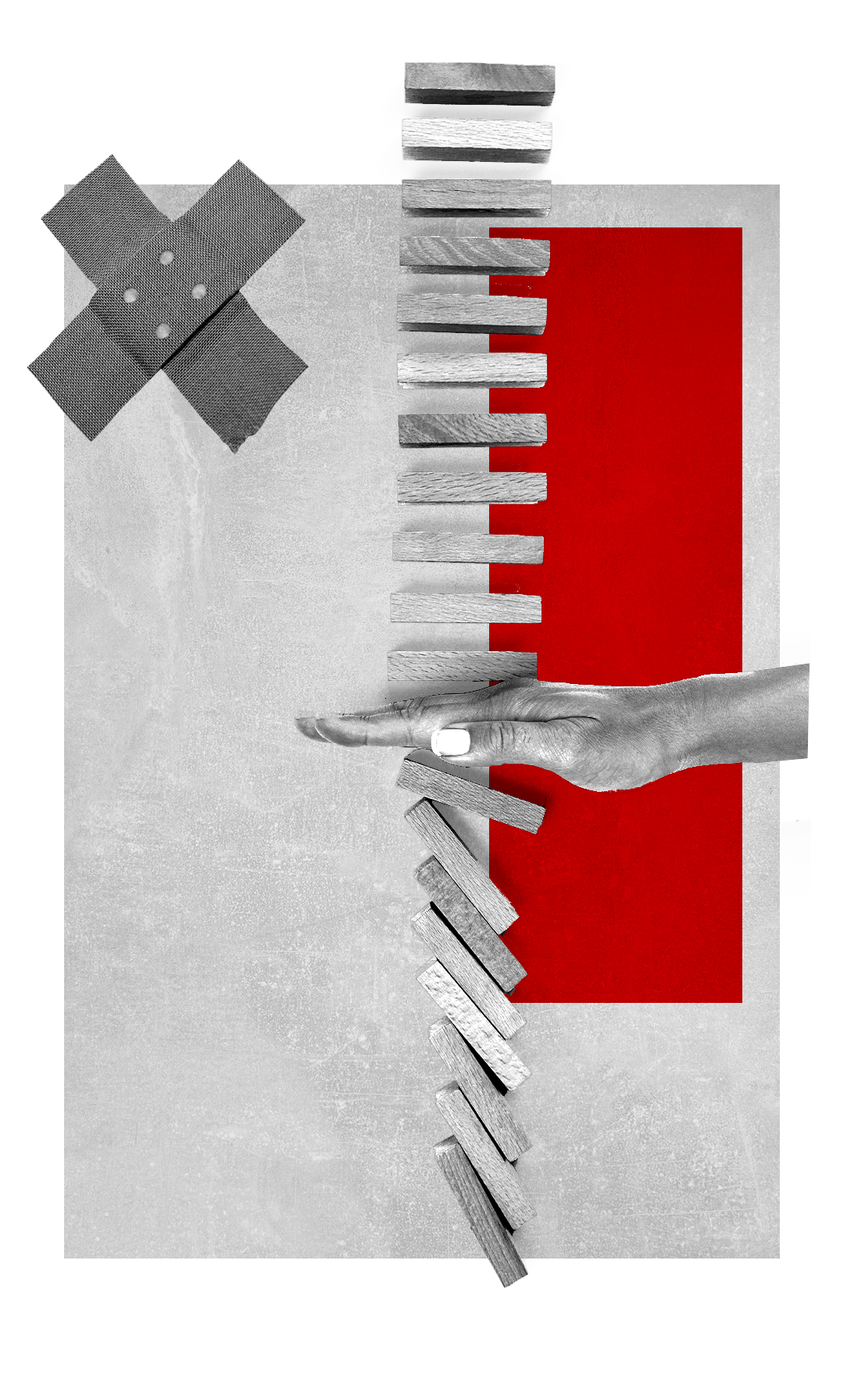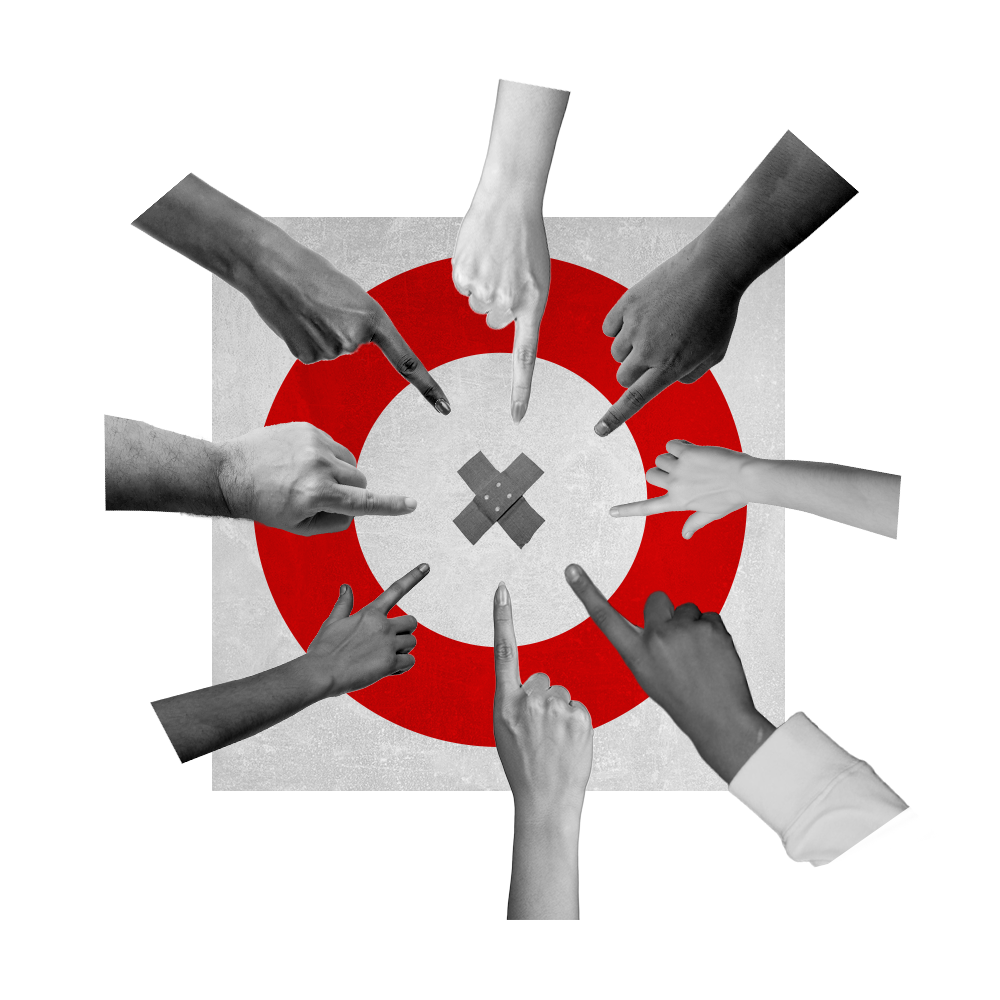Aarhus
2025

Conference Goals
The sixth decennial Aarhus conference aims to continue to set new agendas for critical action, theory, and practice in computing. With the title, Computing (X) Crisis, we invite contributions that present and discuss the different roles of computing in shaping, understanding, improving, causing and acting on the human condition in a world subsumed by multiple crises.
The 1975, 1985 and 1995 Aarhus conferences focussed on computing in working life in the context of democracy. While both the 2005 and 2015 conferences acknowledged that computing influences most parts of human life (civic life, the welfare state, health, learning, leisure, culture, intimacy, …), the 2015 conference explicitly called for critical perspectives and alternatives in alignment with utopian principles—that is, the hope that things might not only be different but also radically better.
Today, ‘crisis’ characterises seemingly perilous moments linked to the climate, economic and social inequality, democracy, relations among societies and, more broadly, a flourishing life for all critters, human and otherwise. And at the same time computing seems omnipresent, providing glimmers of hope but at the same time acting as a source of the troubles.
We call for papers offering new agendas and perspectives for influencing and responding to ‘Computing (X) Crisis.’ These might centre on alternatives to current directions in computing, offer methodological or theoretical developments, or present new forms of critical or societal engagements and action. With the (X) we invite authors to speculate on potential replacements of the universal X – with, after, in, etc – and on what it means to combine the two words. Current trends in critical research on computing point to areas such as political activism, civic engagement, aesthetics and artistic practices as areas that could fruitfully inform a critical discourse in computing.
systemudvikling
joining forces in design
sense and sensibility
Types of Papers and Authors
We invite submissions from authors who understand themselves in line with the previous Aarhus Conferences, as well as authors from other fields who wish to contribute to the discourse on improving computing for the human condition in a world of multiple crises. At the conference we will hear from various knowledge areas such as social science, humanities, engineering, computing, design, and interdisciplinary combinations hereof.
In particular, we invite agenda setting papers, but other types of papers that report on ‘computing and how to improve’ are also of interest.
Computing (X) Crisis calls for Papers, Critiques and Workshops.
Important Dates
Papers
Papers are expected to be influential throughout the next decennium by addressing fundamental issues and proposing new agendas or in other ways offering research contributions with the potential for long-lasting impact. Papers should make a lasting and significant contribution to our knowledge and understanding of improving computing for the human condition in a world of multiple crises.
In summary, submitted papers will be evaluated based on the extent of the submission:
- offers a strong contribution to theory and practice as regards Computing (X) Crisis
- provides new perspectives
- offers critical alternatives
- has potential for long-lasting impact
We accept short and long papers. Submissions below 5,000 words are considered short and is allowed and encouraged for to-the-point arguments. Submissions between 5,000 and 12,000 words are considered standard long papers, while submissions exceeding 12,000 words should only be made with very good reasons.
The Aarhus2025 follows a double-blind review process (performed by invited reviewers from the program committee) that is complemented by a meta-review (done by a primary reviewer/PC member).
- Please ensure that you use the correct template ACM Conference Proceedings Primary Article; a single-column format must be used for the reviewing phase.
- Your submission must be anonymized.
Critiques
The Critique submission category will establish a forum for critical and insightful perspectives that challenge the status quo of computing. Submissions must address the conference theme and will be assessed based on their ability to critically dissect, provoke or inspire. The Critiques track will spark thought-provoking discussions across subject areas, research traditions and generations.
Critiques submission formats include but are not limited to: Essay, creative writing e.g manifestos, stories, fictions, pictorial, artwork e.g software, video games, audio-visual art, provotype, artifact with networked, generative, and/or programmed elements.
Submitted critiques will be evaluated based on:
- Their ability to critically examine a topic, inspire, and/or spark debate and reflection
- How well they are made relevant to the conference theme: Computing (X) Crisis
All submitted critiques will undergo double-blind peer reviews, which will be used by the Critiques chairs to make the final decision.
- Please ensure that you use the correct template ACM Conference Proceedings Primary Article; a single-column format must be used for the reviewing phase.
- Your submission must be anonymized.
Workshops
Workshops are spaces for debate and co-development of ideas and approaches related to the advancement of research and practice within the theme of ‘Computing (X) Crisis.’ Workshops are based on participants’ active engagement and contribution. Participants prepare in advance to share perspectives, knowledge, and interest in the workshop theme. The outcomes of workshops include heightened sensitivity to new issues, joint publications and research programs as well as critical yet friendly feedback on emerging ideas. Often, they establish or solidify research networks and contribute to community building.
Successful workshops should make full use of the workshop format, avoiding conference-style paper presentations, and instead prioritise debate and joint action. Proposals that reach out to other disciplines and traditions, as well as to industry, art, activism, and other practices to advance constructive and critical discussions are welcomed. Successful proposals clearly explain the aim and relevance of the workshop, intended audience, planned activities, expected outcomes and impact for the intended community.
The selection process is curated. Workshop selection will happen by the discretion of the Workshop Chairs. Acceptance of proposals will be informed by factors such as:
- Clarity of intended outcomes, quality of the workshop programme, and value for the participants
- Profiles and number of prospective participants
- Impact and relevance: for which communities and for the conference theme
All submitted critiques will undergo peer reviews, which will be used by the Workshop chairs to make the final decision.
- Please ensure that you use the correct template ACM Conference Proceedings Primary Article; a single-column format must be used for the reviewing phase.
- Your submission must be anonymized.
Additional Formats
Additional categories are likely to be developed in late 2024.

Organizers
General Chairs
- Morten Kyng, Aarhus University
- Lone Koefoed Hansen, Aarhus University
- Clemens Klokmose, Aarhus University
Program Chairs
- Susanne Bødker, Aarhus University
- Alex Taylor, University of Edinburgh
- Eva Eriksson, Aarhus University
Proceedings Chairs
- Niels Olof Bouvin, Aarhus University
Critiques Chairs
- Ida Larsen-Ledet, Microsoft Research Cambridge
- Marie Louise Juul Søndergaard, Oslo School of Architecture and Design
- Jussi Parikka, Aarhus University
Student Volunteer Chairs
- Magnus Høholt Kaspersen, Aarhus University
Workshop Chairs
- Jonas Frich, Aarhus University
Doctoral Consortium Chairs
- Ignacio Avellino, Sorbonne Université
- Minna Pakanen, Aarhus University
Demonstration Chairs
- Rikke Hagensby Jensen, Aarhus University
Web & Graphics Chairs
- Magnus Høholt Kaspersen, Aarhus University
- Majken Kirkegaard Rasmussen, Aarhus University




